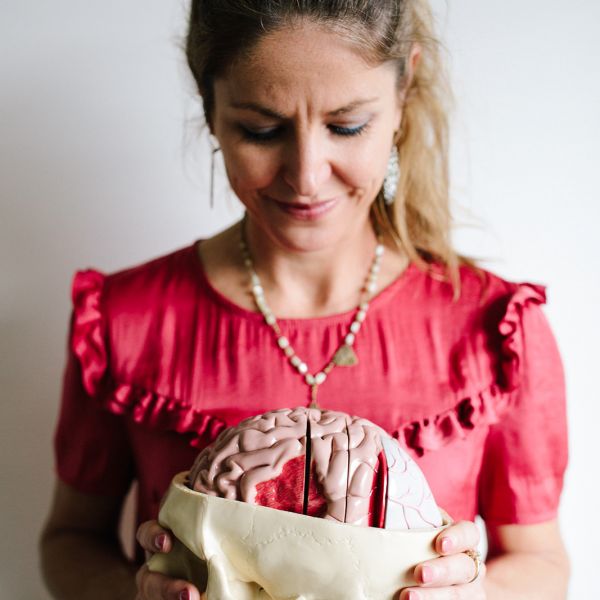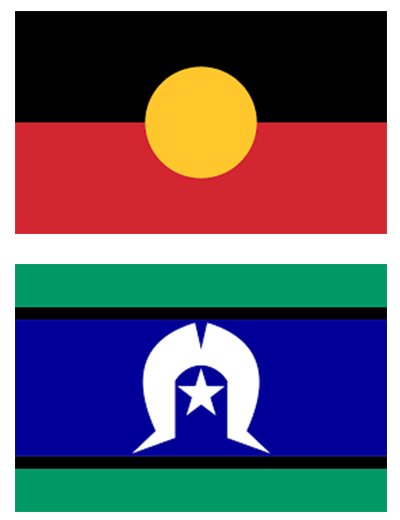Neuropsychology
What is neuropsychology?
Neuropsychology is a specialised field of neuroscience (psychology) which aims to understand the relationship between brain function and human behaviour. It blends information from both neurology and psychology and studies how the brain and central nervous system affect everyday functioning.
Neuropsychology relates to the cognitive, behavioural, and emotional deficits resulting from patterns of cognitive strengths and weakness in someone with difficulties often associated with psychiatric (e.g., depression), neurodevelopmental (e.g., autism spectrum), and neurocognitive (e.g., traumatic brain injury) disorders.
Clinical neuropsychology utilises various assessment methods to determine function and dysfunction and applies this knowledge to evaluate, treat and rehabilitate individuals with suspected or known neurological and psychological problems.

Clinical Neuropsychologists specialise in the assessment, diagnosis, and treatment of psychological disorders associated with various brain conditions.
Clinical Neuropsychologists study the changes in cognition (i.e. memory, language, intellect, problem solving, etc.), behaviour and personality, which may arise from any form of brain dysfunction.
Neuropsychologists have advanced skills in the assessment, diagnosis, and rehabilitation of a range of disorders and contexts across the lifespan.
The specialty of clinical neuropsychology is recognized by the Psychology Board AHPRA (PBA). AHPRA is the Australian Health Practitioner Regulation Agency.
Only PBA registered Psychologists that hold “Clinical Neuropsychology Practice Endorsement” by the PBA hold the relevant training and expertise to conduct neuropsychological assessments and interventions.
In Australia, after completing registration a psychology degree, the specialised training for Clinical Neuropsychology requires a minimum two-year postgraduate Masters or three year Doctoral degree in Clinical Neuropsychology, which includes up to 1500 hours of clinical supervision experience under the mentoring of senior Clinical Neuropsychologists.
To achieve the Clinical Neuropsychology Practice Endorsement, a further 1-2 years full-time equivalent in clinical neuropsychological practice is required supported by Clinical Neuropsychology supervisor. This is referred to as the Clinical Neuropsychology Registrar program.
With around 8 years of study and clinical supervision, it is easy to see why Neuropsychology is a highly specialised field. Only 1.3% of Australian registered psychologists have the Clinical Neuropsychology Practice Endorsement.
A neuropsychological assessment differs from an assessment conducted by a psychologist. A Psychological assessment does not include tests to reliably capture cognitive difficulties associated with attention, memory, learning, or executive functioning weaknesses.
Unlike Traditional Psychological Evaluations, Neuropsychological Evaluations:
- Use a series of tests to assess various areas of cognition and behaviour. These areas include memory, attention, learning, processing speed, and abstract reasoning. This information is linked back to brain structures, to provide information regarding the impact of any identified areas of difficulty on a person’s everyday functioning.
- Include a detailed investigation of a person’s developmental, medical, social, and psychological history. This is in addition to an extensive testing battery that examines intellectual, academic, attention, executive functioning, language, visuospatial, visuoconstructional, memory, and fine motor skills.
NQNS neuropsychological assessments include psychological evaluations to provide with the most comprehensive assessment process possible.
It is not uncommon for some Psychologists to promote Neuropsychological testing and Neuropsychological assessments, or use phrases related to their assessment such as “an interest in” or “study of” neuropsychology, which can be misleading.
Only PBA registered Psychologists that hold “Clinical Neuropsychology Practice Endorsement” by the PBA hold the relevant training and expertise to conduct neuropsychological assessments and interventions. This means, only a neuropsychologist can provide a full, comprehensive neuropsychological assessment and report.
Navigating the assessment process can be confusing, we recommend asking questions, being clear about what you require and gathering as much information about your clinician and the service provider before proceeding with any assessment. This may prevent making a booking for a service that can not provide the assessment and report required.

NQ Neuropsychology would like to acknowledge Aboriginal and Torres Strait Islander peoples as Australia’s First People and Traditional Custodians. We pay our respects to Elders past and present and are committed to making a positive contribution to the wellbeing of Aboriginal and Torres Strait Islander young people.

NQ Neuropsychology is committed to embracing diversity and eliminating all forms of discrimination in the provision of health services. We welcome all people irrespective of ethnicity, lifestyle choice, faith, sexual orientation and gender identity.
Privacy Policy
Copyright 2022. North Queensland Neuropsychology Service. All Rights Reserved.